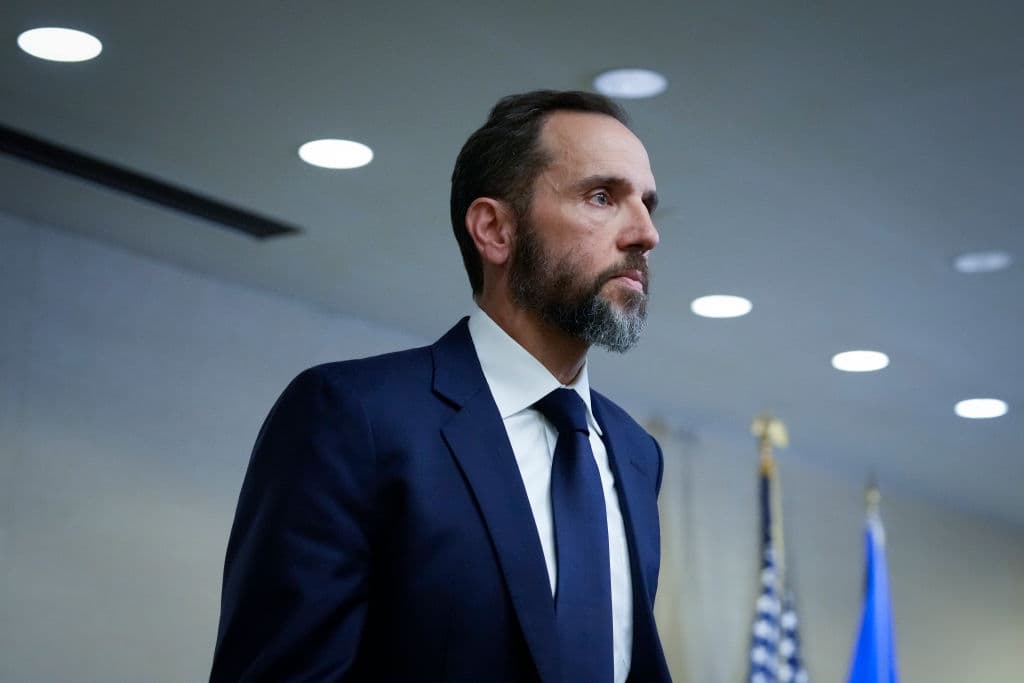Jack Smith’s New January 6 Indictment: Custom Built To Convict Trump If Kamala Harris Wins
The special counsel displays the savvy to adapt on the fly, but it would be hard to litigate around a victory by the 45th president in November.

Special Counsel Jack Smith’s unveiling of a new and streamlined indictment in the January 6 case underscores that the dogged prosecutor shows no sign of relenting in his pursuit of a criminal trial for President Trump.
Please check your email.
A verification code has been sent to
Didn't get a code? Click to resend.
To continue reading, please select:
Enter your email to read for FREE
Get 1 FREE article
Join the Sun for a PENNY A DAY
$0.01/day for 60 days
Cancel anytime
100% ad free experience
Unlimited article and commenting access
Full annual dues ($120) billed after 60 days

